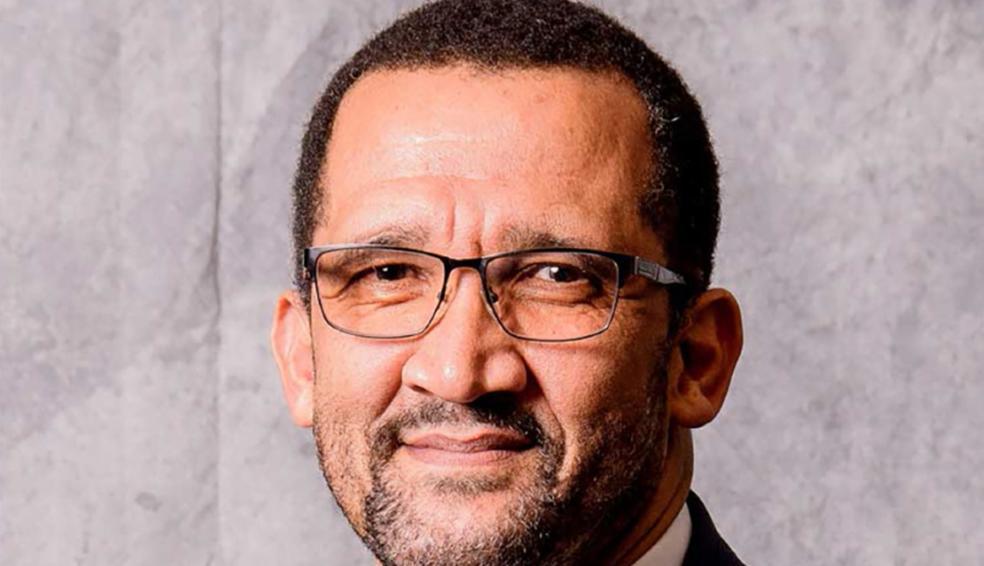Africa-Press – South-Africa. South Africa’s churches should reflect on their own challenges with corruption, SA Council of Churches (SACC) president Bishop Sithembile Sipuka said on Wednesday.
The SACC is holding an anti-corruption conference after allegations by KwaZulu-Natal police commissioner Lt-Gen Nhlanhla Mkhwanazi implicating the minister of police and other high-ranking police officials in wrongdoing. The allegations led to President Cyril Ramaphosa establishing a commission of inquiry in the security cluster.
Sipuka lauded Mkhwanazi for displaying courage in speaking out, arguing this shows that ordinary South Africans are tired of this complicity.
“His willingness to risk everything reminds us of the often-quoted expression that the only thing necessary for the triumph of evil is for good men to do nothing. Every rand stolen from public coffers is a rand that should have been used to build a clinic, feed a child or provide clean water to a community.
“Every investigation sabotaged is justice denied to the families of murder victims. In my role as a bishop of a rural region, I live and work with people whose dignity is compromised by a lack of service, not due to a shortage of resources, but rather due to mismanagement and corruption,” Sipuka said.
Mkhwanazi’s revelations presented an opportunity not only to expose corruption in government and business but a chance for churches to reflect on attitudes and practices that resemble corruption, he said.
“As the church seeks to remove the splinter of corruption in government and society, we also need to reckon with the possible log in our own eye.
“We have witnessed pastors living in mansions while congregations struggle in poverty, church leaders demanding ‘seed offerings’ that promise miracles that never materialise, denominational officials who misappropriate funds meant for community development and churches that become family businesses rather than houses of worship.
“The prosperity gospel, which promises material wealth in exchange for financial contributions, has become a form of spiritual extortion that preys on the desperation of the poor.”
If the church calls for action against corrupt individuals in government and business, it must also apply to clergy who engage in corruption, he said.
The SACC is the biggest forum for churches in the country, with its members including the Catholic, Methodist, Grace Bible, Gereformeerde Kerk in Suid Afrika, Dutch Reformed, Presbyterian and Baptist churches.
Sipuka said any suggestion for a different treatment for churches when dealing with corruption would be nothing less than clericalism, which unconsciously promotes the use of clerical status for selfish reasons.
“Worldwide, the church is regarded as a moral authority, and when it is also corrupt, its role as a beacon of goodness is discredited, and people’s hope in the church to overcome the cancer of corruption is eroded.”
He said the church’s role in combating corruption is not optional; it is prophetic.
Churches’ financial records should be transparent, their governance structures accountable and lifestyles consistent with preachings.
“We must speak boldly against corruption, regardless of who is involved.”
For More News And Analysis About South-Africa Follow Africa-Press






